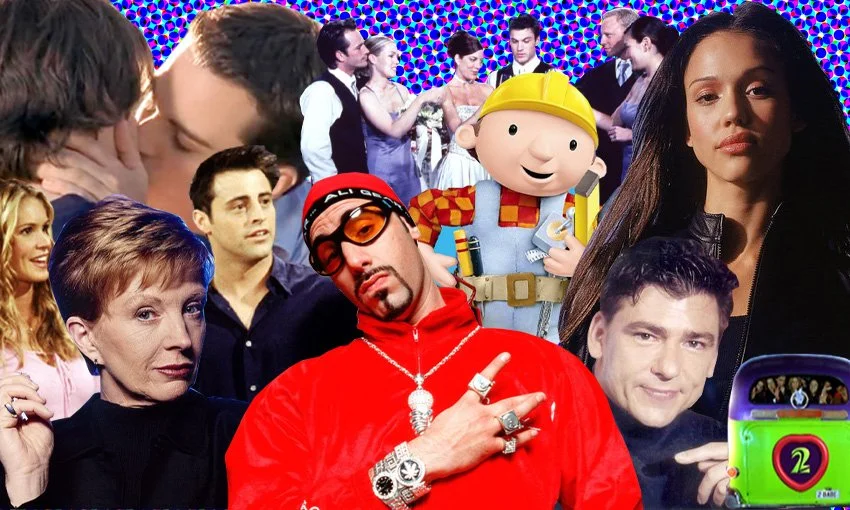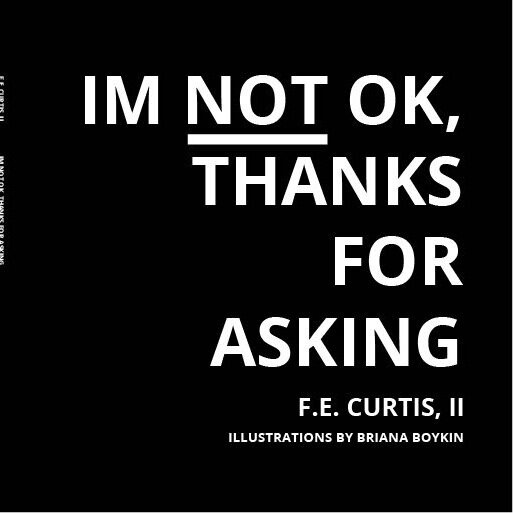Give Me All of Sylvie's Love
One of the unspoken truths of the previous decade was the extent to which Black trauma became a defining mark of it. For all the symbolic triumphs of Black people in the 2010’s, the media largely emphasized our shared history of oppression at the hands of White terrorists supported by a violent, racist police State.
Consider three of the decades most notable films – 12 Years A Slave, Green Book, and The Help. 12 Years A Slave, a film about a legally free Black man forced into slavery and trying to regain his freedom, took home Best Picture at the 86th Academy Awards in 2013. Green Book, the story of an elite Black musician who travels the Jim Crow South with a mediocre White man as his driver, took home the same honor just five years later. The Help, a novel turned film about a class of Black women in a Mississippi town that commit to sharing their stories, in their own words, to a White, co-conspirator journalist, should have won Best Picture in 2011. Other films, like Moonlight and Get Out, were sprinkled in, doing their best to provide some reprieve from the onslaught of Black struggle on the big screen.
Add to Hollywood what we all went home and had to grapple with every day – the numerous State sanctioned murders of unarmed, law-abiding Black men and women; the rise of a racist, demagogic fascist in the White House; a sometimes-somber reckoning with the fallacy of the American dream – and one begins to wonder where the stories of Black love and triumph live, if they even exist.
It’s with this backdrop that I consumed Tessa Thompson’s newest film, Sylvie’s Love, with an encapsulating vigor I haven’t felt in some time. It’s not just that Thompson’s character, Sylvie Parker, is witty, quick on her feet and emotionally intelligent, but she’s also totally in control of herself – mentally, physically and, most important, sexually.
For Black Americans without a sordid infatuation of history, our perception of everyday life in the mid-20th century is often intentionally minimized to segregation, lynching and suffering. Our education system, from elementary to undergrad and sometimes thereafter, wants us to believe fear was the primary emotion we felt in the 1950’s, and that anything other than a rigid adherence to the White supremacist patriarchy would surely result in physical consequences for any Black person deemed “out of their place.”
Sylvie’s Love challenges those widespread beliefs, creating a universe that allows one to fully transverse into a wholly Black love story that discards trauma and heartache. Sure, Sylvie and her main love, Robert Holloway, played by Nnamdi Asomugha, have their fair share of emotional issues. The film never makes it clear how their story will end, which makes it even better. Nonetheless, the trappings of the movie, and the emotional rollercoaster it takes you on, speak nothing of a love tarnished by Jim Crow or domestic abuse. Instead, the story focuses on the aspects of two beautiful human beings, madly in love with another, trying to will the universe, time and their individual ambitions into one. In essence, Sylvie’s Love is about, well, love – and nothing else.
Thompson is one of my favorite actresses. Asomugha, who I know from his days playing defensive back for the Oakland Raiders, has a very bright future in Hollywood. Eva Longoria plays a supporting role worth celebrating. The cast is nearly perfect, the writing is beautiful and consistent, and Thompson is near immaculate, as we’ve come to expect her to be.
I’m not sure I’ve ever needed a movie as much as I needed this one. After a decade in which I was bombarded with stories of Black pain, suffering, death and oppression, I cannot understate what it meant to close out one of the worst years ever with a film solely about that which most of us long for the most. It’s a prominent reminder in a perilous time.
In a period where we often associate our collective experience with fear, Sylvie’s Love brings to life a very based-on-a-true story feel about Black love, and Black love only. In the 2020’s, I can use a whole lot more of that.














A Complete Unknown gives us elite performances, though it leaves you wanting more.